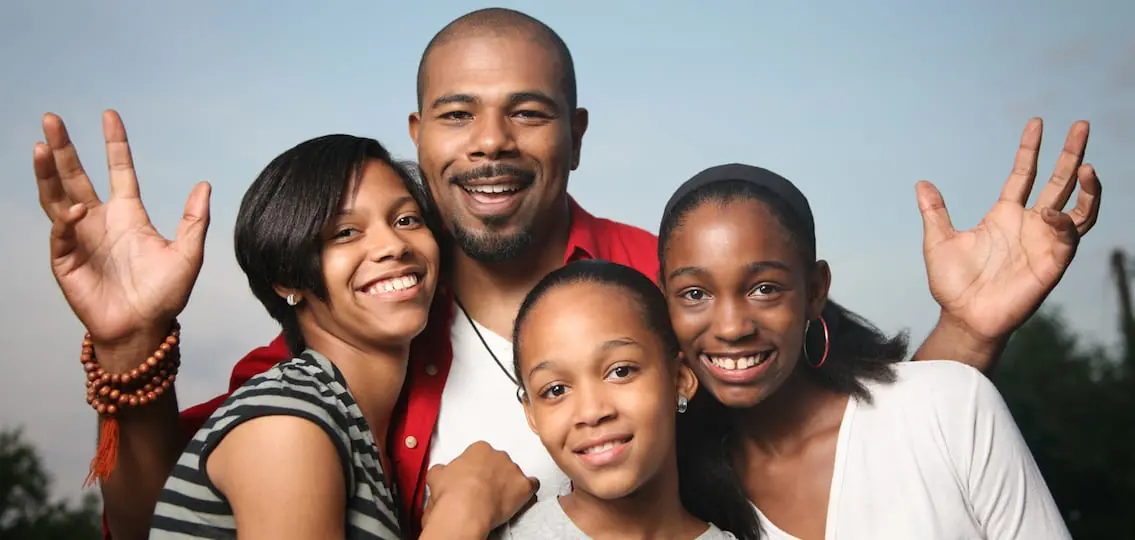I sometimes hear my friends and neighbors say they want to make a difference in their communities. For as long as I can remember, my wife and I felt the same way.
An opportunity to make a difference presented itself to our family when my daughter was in second grade. A child in her class asked if she and her sister could live with our family. To make a long story short, we became foster parents to the sisters and, in the years following, to many other children between the ages of 6 and 11. We were able to provide for the safety, permanency, and well-being of these foster children, offering them positive life experiences.
Shifting to Fostering Teenagers
Four years into foster parenting, we were asked if we would consider providing care for teenagers. A 16-year-old had contacted our local agency and pleaded to be taken out of a group home and placed with a family. We were reluctant to move from the comfort of caring for elementary-aged children to fostering teenagers. But we decided to try, and, 12 years later, we have never regretted our decision.
Caring for teenagers is critical. Unlike younger children, who can usually reunite with family or get adopted, we prepare teenagers for the transition from a supportive foster-care system into the real world. These teenagers face risks that include poverty, homelessness, and sometimes incarceration. We must prepare these teenagers to lead adult lives when they leave our home.
Thankfully, we do not do this alone. We have a large team of social workers, mental health professionals, teachers, counselors, and lawyers to help us provide the guidance and support these young people will need to be successful. Our state’s Department of Human Resources also provides job training for foster youth. Everyone’s goal is to prepare these teenagers for positive post-foster-care outcomes.
As it is with all teenagers, it is important to set mutually agreed-upon boundaries, goals, and expectations with our foster teenagers too. But it’s essential for the teenagers to play a major role in planning their lives.
Parenting Lessons Learned from Fostering Teenagers
Over the years, my wife and I have learned a lot about parenting the teenagers in our care. They are all individuals, and what works with one young person may not work with another. Every child has a different background, and choosing an appropriate parenting style is important to maintaining placement stability.
For example, we sometimes find a democratic style of parenting—in which we present alternatives, involve the teen in planning, and encourage teamwork and inclusiveness—works well.
Other times, a more hands-off style—in which the teen defines his own goals and asks for guidance only when he needs it—is more appropriate.
Even with my biological teens, one child needed the democratic style while our more self-motivated, goal-oriented teen needed the hands-off method with minimum guidance.
When we decided to take care of teenagers, we discovered that almost none of them had the educational support they needed to succeed academically. Unfortunately, the research shows that poor educational experiences are directly proportional to poor life outcomes after foster care. Many of our teenagers were two to three grade levels behind in math and reading.
As a result of my experience with these teenagers, I created the Maryland Foster Parent PTA. This organization promotes foster parent involvement in schools, building the home-school partnership, and engaging teachers.
Foster parenting is a team effort dedicated to providing for the safety and well-being of our community’s most vulnerable children. It can make a real difference in a child’s life. And, for my wife and me, it has been among the most rewarding experiences of our lives.




